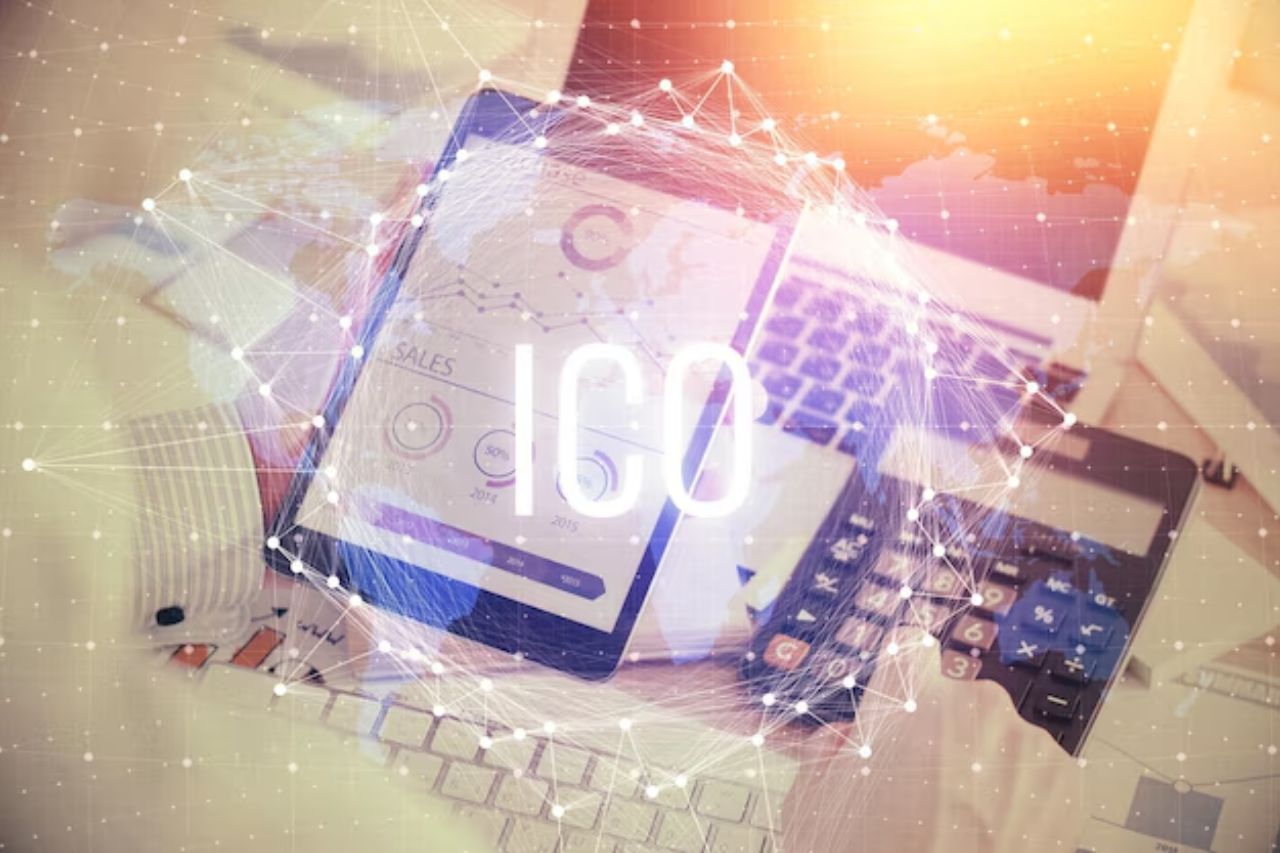In the rapidly evolving landscape of blockchain technology, Initial Coin Offerings (ICOs) have emerged as a popular method for startups and established companies to raise capital. Central to the success of any ICO is the implementation of smart contracts, which automate and secure various processes involved in ICO development. This blog post will explore the critical role that smart contracts play in ICO development, highlighting their benefits, functionalities, and best practices for implementation.
Understanding ICO Development
ICO development refers to the process of creating a new cryptocurrency or token that is sold to investors during a fundraising campaign. This process typically involves several key steps:
- Conceptualization: Defining the project’s vision and goals.
- White Paper Creation: Drafting a detailed document that outlines the project, its purpose, and how funds will be used.
- Token Design: Determining the type of token (utility, security, etc.) and its specifications.
- Smart Contract Development: Writing the code that will govern the token sale and manage transactions.
- Marketing and Community Building: Promoting the ICO to attract potential investors.
Smart contracts are integral to this process, as they automate many of the tasks involved in managing an ICO.
What Are Smart Contracts?
Smart contracts are self-executing contracts with the terms of the agreement directly written into code. They operate on blockchain technology, ensuring transparency, security, and immutability. In the context of ICO development, smart contracts facilitate various functions:
- Token Distribution: Automatically distributing tokens to investors after they contribute funds.
- Fund Management: Managing how raised funds are allocated and ensuring they are used according to predefined conditions.
- Compliance: Enforcing regulatory requirements by validating investor eligibility based on KYC (Know Your Customer) procedures.
The use of smart contracts eliminates the need for intermediaries, reducing costs and increasing efficiency.
Benefits of Using Smart Contracts in ICO Development
- Automation: Smart contracts automate processes such as token distribution and fund management, minimizing human error and increasing efficiency. Once deployed, these contracts execute automatically when predefined conditions are met.
- Transparency: All transactions conducted via smart contracts are recorded on the blockchain, providing a transparent view of all activities related to the ICO. This transparency builds trust among investors.
- Security: Smart contracts utilize cryptographic techniques to secure transactions, making it difficult for malicious actors to alter or manipulate them. This security is crucial for protecting investor funds during an ICO.
- Cost-Effectiveness: By eliminating intermediaries such as banks or brokers, smart contracts reduce transaction fees associated with fundraising efforts.
- Global Reach: Smart contracts enable projects to reach a global audience by allowing anyone with internet access to participate in the ICO, regardless of their location.
Key Functions of Smart Contracts in ICO Development
Smart contracts serve several essential functions in ICO development:
- Token Creation: Smart contracts define how many tokens will be created, their distribution method, and any restrictions on transferability.
- Crowdsale Management: They manage the entire crowdsale process by controlling when and how tokens can be purchased. This includes setting soft caps (minimum funding goals) and hard caps (maximum funding limits).
- Investor Validation: Smart contracts can include mechanisms for validating investor identities through KYC processes, ensuring compliance with regulatory standards.
- Fund Allocation: They dictate how funds raised during the ICO are allocated based on predefined milestones or conditions set by the project team.
Best Practices for Smart Contract Development
To ensure that your smart contracts function correctly and securely within your ICO development process, consider these best practices:
- Thorough Testing: Before deploying smart contracts on the mainnet, conduct extensive testing on testnets to identify any bugs or vulnerabilities. Use automated testing tools to simulate various scenarios.
- Code Audits: Hire third-party auditors with expertise in smart contract security to review your code for potential vulnerabilities or inefficiencies.
- Clear Documentation: Maintain clear documentation outlining how your smart contracts function and what each part of the code does. This transparency helps build trust with investors.
- Regular Updates: Stay informed about developments in blockchain technology and smart contract standards. Regularly update your contracts to incorporate improvements or address emerging threats.
- Community Engagement: Engage with your community throughout the development process. Solicit feedback on your white paper and smart contract functionalities to ensure they meet investor expectations.
The Future of Smart Contracts in ICO Development
As blockchain technology continues to evolve, so too will the role of smart contracts in ICO development. Emerging trends include:
- Integration with DeFi (Decentralized Finance): As DeFi protocols gain popularity, integrating smart contracts with these platforms can enhance liquidity options for tokens issued during an ICO.
- Interoperability: Future developments may focus on creating interoperable smart contracts that can function across different blockchain networks, expanding their utility beyond a single platform.
- Enhanced Compliance Features: As regulations surrounding cryptocurrencies tighten globally, smart contracts will likely evolve to include more sophisticated compliance mechanisms that automatically adapt to changing legal landscapes.
Final Words.
Smart contracts play a pivotal role in the success of ICO development by automating processes, enhancing security, and fostering transparency between processes, enhancing security, and fostering transparency between prorket. As technology advances, embracing innovative solutions within smart contract frameworks will be essential for future growth in the blockchain space.

